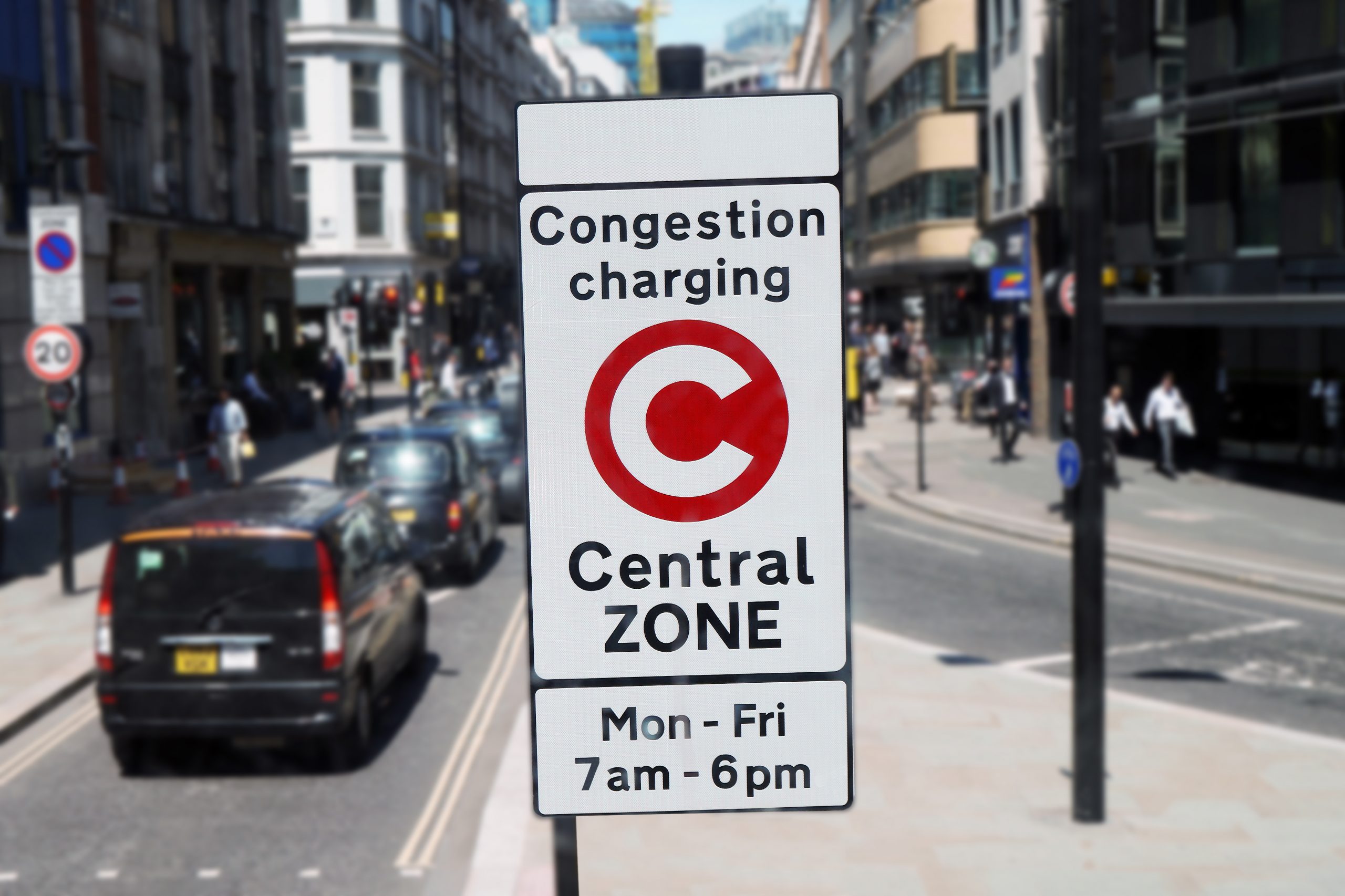Household Bills
TfL makes £15 Congestion Charge permanent – but is reducing its operating hours

From 21 February next year, drivers won’t have to pay the Congestion Charge after 6pm on weekdays, and before 12pm or after 6pm on weekends.
TfL increased the Congestion Charge from £11.50 to £15, and levied it in evenings and weekends, in May 2020 to encourage people to drive less to make essential journeys easier during the pandemic. It has now announced that it’s keeping the £15 increased fee.
Reimbursement arrangements will be retained to facilitate essential trips made by certain NHS patients, care home workers, local councils and charities during epidemics and pandemics. The expanded NHS staff reimbursement arrangement will also continue.
TfL also announced that the Congestion Charge will be suspended between Christmas and the first working day of the New Year to help people travelling to see family over the festive period at a time when engineering work is often done on the railways.
The changes to the Congestion Charge were announced after a 10-week public consultation that saw nearly 10,000 responses.
TfL says the changes will directly address the traffic challenges in central London, while also supporting London’s culture, hospitality and night-time businesses, which have been some of the hardest hit during the pandemic. The aim is to also ensure gains made in reducing car dependency over the past 15 years are not lost.
Sadiq Khan, Mayor of London, said: “The government insisted on proposals to widen the level and scope of the Congestion Charge last year as a condition of TfL’s emergency funding agreement – which was only needed because of the pandemic and the collapse in fares revenue.
“These new changes strike a balance between reducing traffic and congestion and supporting London’s economy and residents and helping ensure our recovery is a green and sustainable one.
“The removal of the evening charge will support the capital’s culture, hospitality and night-time businesses which have struggled so much, as well as encouraging people to walk, cycle and use public transport. It’s vital we do not encourage a car-led recovery and replace one public health crisis with another due to filthy air.”
The mayor’s target is for 80% of trips made in the capital in 2041 to be by walking, cycling or public transport, and the target for central London is 95% of trips to be made by these sustainable types of travel.
Alex Williams, TfL’s director of city planning, said: “As London continues its recovery from the pandemic it is essential that we encourage people to travel sustainably. These changes are targeted at reducing traffic at the busiest times where we have seen a long-term trend in high levels of car travel.
“We expect to see growth in the number of people walking, cycling and using public transport in central London as a result. The removal of the charge in the evening will help shift workers who perform essential roles at the heart of the city and support London’s vibrant cultural and hospitality sectors who are still recovering from the pandemic.”